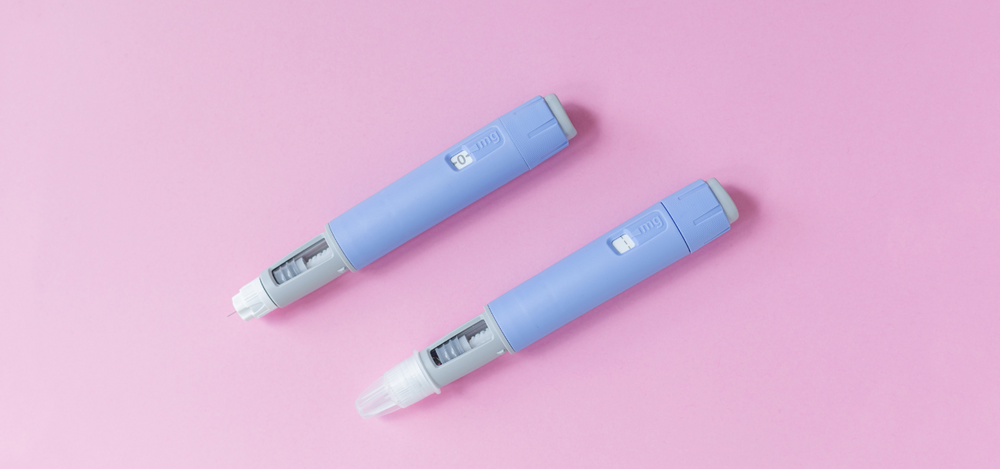PCSK9 Inhibitors: What you need to know

PCSK9 inhibitors, a new class of cholesterol-lowering drugs, have become mainstream in treating elevated LDL levels. But what exactly are PCSK9 inhibitors, how do they work, and why do we even need them?
The Role of PCSK9 in Cholesterol Regulation
LDL receptors remove LDL ("bad") cholesterol from the blood. The more LDL receptors you have, the lower your LDL cholesterol level. PCSK9 is a naturally occurring protein that reduces the number of LDL receptors, leading to higher circulating LDL cholesterol levels.
Researchers first became interested in PCSK9 when they discovered that people with genetically low levels of the protein had very low LDL cholesterol levels - and high numbers of LDL receptors. The idea behind PCSK9 inhibitors is to eliminate or neutralize PCSK9, allowing for more LDL receptors to appear. This in turn, leads to lower LDL levels.
PCSK9 inhibitors are considered “biologics” because they act as antibodies to the PCSK9 protein (Repatha®, Praluent®), triggering our bodies to remove it from the system, or act a bit like the COVID vaccine (Leqvio®), affecting gene transcription and preventing PCSK9 from being produced in our bodies in the first place.
The Impact of PCSK9 Inhibitors on Cholesterol Levels
PCSK9 inhibitors can significantly lower cholesterol—much more than what is achievable with even the highest doses of the most powerful statins. These treatments are either self-injected every two weeks (Repatha®, Praluent®) or are injected in a physician’s office every 6 months (Leqvio®). They have been generally well tolerated in clinical trials, with side effects mostly limited to upper respiratory tract symptoms, like runny nose.. Long-term trials have also demonstrated positive impacts on patient outcomes proportional to their cholesterol lowering effects.
The Cost of PCSK9 Inhibitors
Many cardiologists are thrilled by the magnitude of cholesterol reduction these drugs offer. However, the economic burden is substantial. PCSK9 inhibitors cost around $6,000 per patient per year adding 100s of billions per year to the country’s healthcare expenditures. Given this price tag, insurance coverage remains selective, with approvals reserved for patients who cannot tolerate statins or are not at goal despite maximum tolerated statin doses.
What Does This Mean for You?
PCSK9 inhibitors clearly offer an additional option for those struggling with cholesterol management. However, we should all remain somewhat cautious about side effect reports. In statin trials, less than 2% of participants reported muscle pain, yet in real-world use, about 10% or more of patients can experience this issue. In addition, it took 25 years of statin prescriptions for us to notice that people on statins had an increased likelihood of developing diabetes.
Remember, cholesterol lowering drugs are not antibiotics - it’s not like we take them for 2 weeks and call it a day. These are LIFELONG medications so long term side effects are a real consideration.
The Bigger Picture
PCSK9 inhibitors treat a single risk factor for heart disease at an enormous financial cost, with long-term effects still uncertain. For comparison, statins have been on the market for nearly five decades and have clearly made a dent in risk. Yet, despite widespread availability of cholesterol lowering drugs, heart disease remains the leading cause of death in the U.S.
With a massive price tag, we also have to ask ourselves: Could the money we are devoting to PCSK9 inhibitors be better spent addressing the root cause of heart disease? High cholesterol, high blood pressure, high blood sugar, and excess weight are all risk factors linked to poor diet. Instead of treating the symptoms with expensive drugs, imagine if we invested in improving dietary habits. Prescribing nutritious food instead of medications could dramatically reduce costs and improve health outcomes.

Tested & Proven Results.
- Cardiologist formulated
- Supported by over 500 publications
- Clinically-proven, in a double-blind randomized trial with Mayo Clinic and The University of Manitoba
80% of participants lowered their cholesterol in just 30 days. With just two servings per day, Step One Foods offers a proven-effective way to naturally lower LDL (bad) cholesterol.
Get heart health tips and articles like this, delivered right to your email.
New articles every week.
You may also like...

Insulin Resistance, Prediabetes and Type 2 Diabetes. Part 4: Un-Doing It.

You don’t need to avoid foods with cholesterol…except for these



